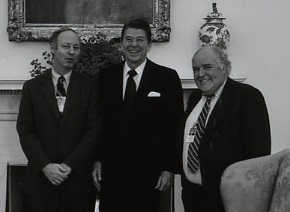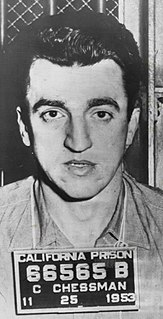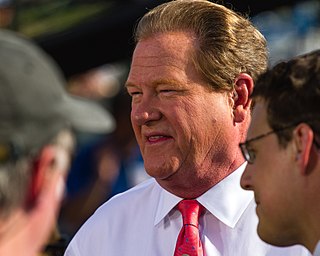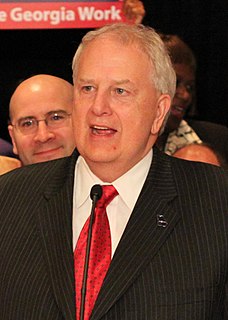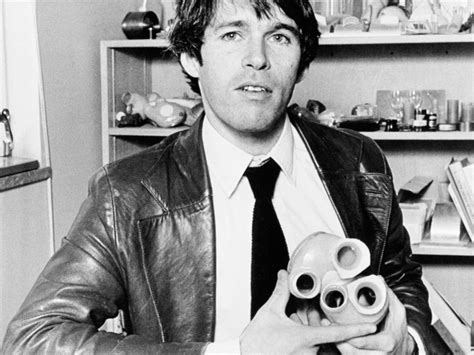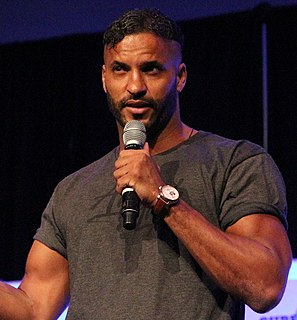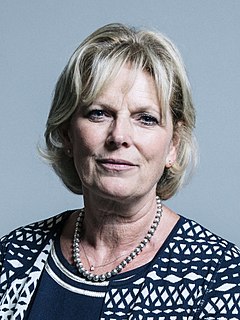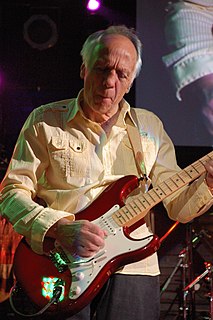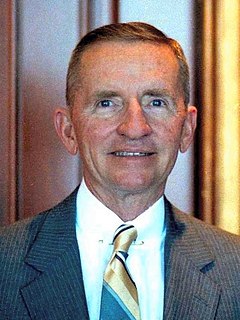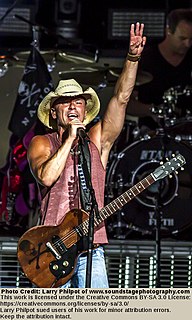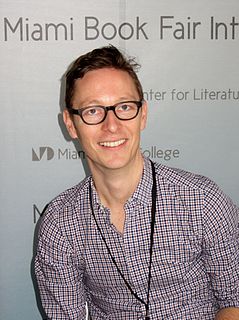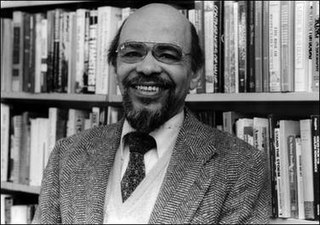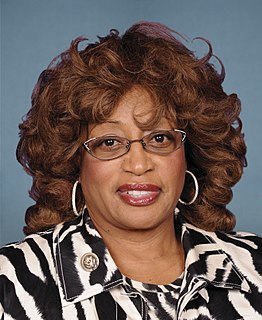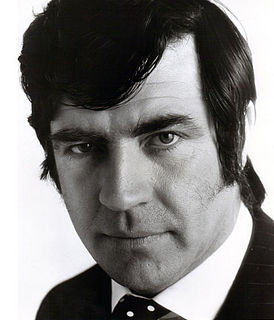Top 1200 Public Radio Quotes & Sayings - Page 18
Explore popular Public Radio quotes.
Last updated on December 2, 2024.
Unsurprisingly, the poll-takers don't talk a lot in public about the ignorance of the electorate on political and public policy matters. And the politicians are not going to disclose the, let's say, limited body of knowledge in their constituencies. You don't get elected calling your voters airheads.
The Executive is charged officially in the Departments under it with the disbursement of the public money, and is responsible for the faithful application of it to the purposes for which it is raised. The Legislature is the watchful guardian over the public purse. It is its duty to see that the disbursement has been honestly made.
People in show business who are interested in politics, like Ronald Reagan, fare so well because they do know the magic of dealing with the public. This is something that can't be taught in a book. If they can produce after they've won over the public. If you can live up to your ballyhoo, you've got it made.
In this time, we incorporate money and media, and it's split up like apartheid, where when you say "hip-hop," you think just rap records. People might have forgot about all the other elements in hip-hop. Now we're back out there again, trying to get people back to the fifth element, the knowledge. To know to respect the whole culture, especially to you radio stations that claim to be hip-hop and you're not, because if you was a hip-hop radio station, why do you just play one aspect of hip-hop and rap, which is gangsta rap?
It is a fundamental rule with me not to vote for a loan or tax bill till I am satisfied it is necessary for the public service, and then not if the deficiency can be avoided by lopping off unnecessary objects of expenditure or the enforcement of an exact and judicious economy in the public disbursements.
If the air quality is terrible in Los Angeles, if a particular university is unusually expensive, if crime is on the rise in Dallas, or if a company has a lot of recalled toys, transparency can spur change. Whenever public or private institutions have to answer to the public, their performance is likely to improve.





